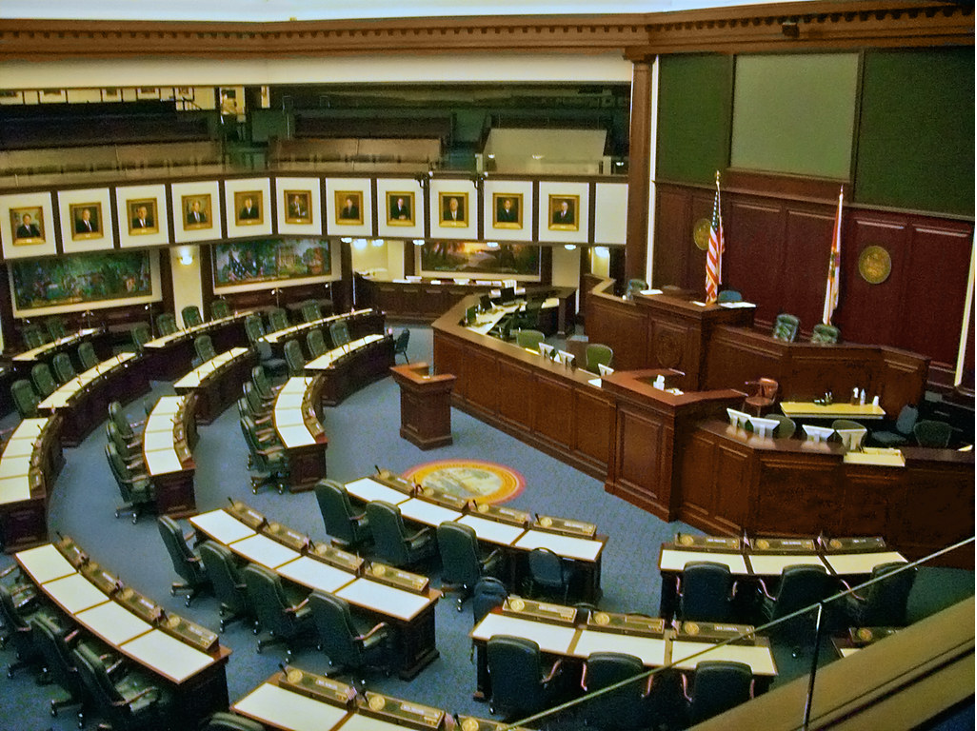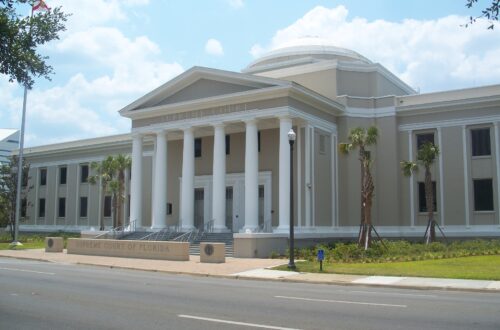The advent of the internet has made personal information a public resource, and this transparency can become an issue when it calls people’s safety into question. There have been two incidents in the past decade in which attempts were made on the lives of state congress people, and the Florida legislature is considering a bill that may prevent these incidents from recurring in the future.
Two identical bills have been filed in the Florida House and the Florida Senate, one by Rep. Michael Beltran (HB1207) and the other by Sen. Kelli Stargel (SB1488). The bills seek to exempt state legislators and members of the state cabinet from Florida’s public record laws in order to protect their privacy.
Information such as home addresses, phone numbers, dates of birth and details about spouses and children would be unavailable to the public. Anyone who “knowingly and maliciously” publishes this information with the intent to harm would be under threat of a criminal penalty.
Stargel filed the same bill last year with House support from Rep. Erin Grall. Beltran sponsored Grall’s House version of the bill. The legislation passed in its first committee but died before it could proceed.
According to Stargel, the motivation behind the bill is the increased safety of elected officials, specifically following the 2011 assassination attempt on Arizona Rep. Gabby Giffords and the 2017 shooting of Louisiana Rep. Steve Scalise at a Congressional baseball game. Gov. Ron DeSantis was also present at the event.
Stargel fears that the press, along with those who intend on causing physical harm to legislators, will continue to exploit private information if it is a part of the public record. In a statement about the bill last year, she said, “I don’t think it needs to be as easily obtainable for public consumption in light of the hostility we’ve seen.”
The motivation behind this bill may be protection, but its opponents have expressed criticism. According to critics such as the Florida AFL-CIO, the bill places restrictions on the rights guaranteed in the First Amendment and diminishes the Florida Sunshine Law, which gives the public access to records on its governmental bodies.
Another criticism of the legislation is that the public should have the right to see the home addresses of public officials in order to verify that they live in the area they represent. Stargel has made the counterargument that “there’s still a requirement to certify your address with the Secretary of State.”
The bill must pass through both houses of the legislature before proceeding to the governor, who can either sign it into action or veto the bill. DeSantis has seen firsthand the violence to which policymakers have been subjected, though he has publicly expressed some reservations about this legislation.
DeSantis stated that he was “pretty wary about trying to exempt a lot of things.” During a press conference, he argued that when “you elect someone, you kind of need to know where they live if they’re going to represent your community.”
He did not explicitly express a stance of approval or opposition in response to the bill; he instead said that he would “just have to look at it.” Given these statements, it is unclear at this time whether or not DeSantis will sign this year’s bill if it makes it through both houses of the state legislature.
Beltran’s bill is currently in the State Affairs Committee, and Stargel’s bill has just been placed on the Ethics and Elections Senate committee agenda. No information has been released about the voting timeline on these bills, though they both still have a series of committees to pass through before reaching the governor’s desk.
If the bills are approved, the law will go into effect July 1.
Featured image: The House Chamber in Tallahassee, Florida. Unmodified photo by Steven Martin used under a Creative Commons license. (https://bit.ly/3ccytq7)
Check out other recent articles from the Florida Political Review here.





